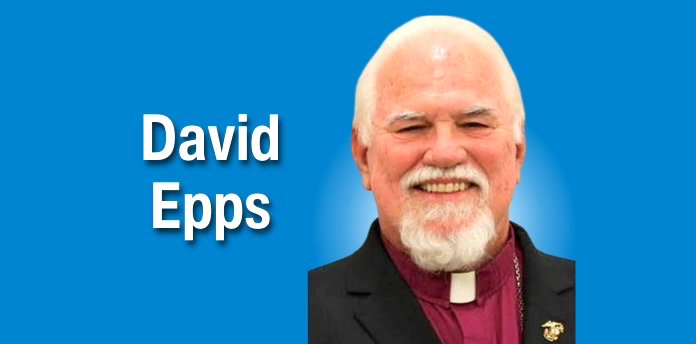Catherine Beyer, in www.learnreligions.com, wrote, “Religions are generally defined by one of two things: belief or practice. These are the concepts of orthodoxy (belief in a doctrine) and orthopraxy (emphasis on practice or action). This contrast is often referred to as ‘correct belief’ versus ‘correct practice.’”
While it is possible and extremely common to find both orthopraxy and orthodoxy in a single religion, some concentrate more on one or the other.”
In the Christian faith, both are present, or at least should be. In Christianity, the essential beliefs of the church are defined in its creeds, particularly the Apostles’ Creed and the Nicene Creed.
The word, “creed,” comes from the Latin, “credo,” meaning, “I believe.” Every church subscribes to a “creed,” whether written or not. To be an “orthodox Christian,” is to believe correctly, that is, what has been taught and believed from the beginning, at all times, and in all places.
To believe otherwise is to be “heterodox,” defined as “contrary to or different from an acknowledged standard,” that is, “contrary to or different from an acknowledged standard.” Another word for heterodoxy is “heresy.”
Yet, Christianity also insists on orthopraxy, which is living, thinking, and behaving ethically, morally, and scripturally. To live, in other words, according to the teachings of the Bible and the example of the Early Church. The Didache, (pronounced “did’-uh-kay”) also called “The Lord’s Teaching Through the Twelve Apostles to the Nations,” dates to the late first or early second century and is the oldest extra-biblical source of information on Christian beliefs and practices.
Chapter 2 of the Didache. Which deals with “grave sins,” clarifies an important teaching of the ancient Church: “you shall not murder a child by abortion nor kill that which is born.” Chapter 3 includes sexual immorality in the category of sins which are to be avoided.
Concerning baptism, Chapter 7 records, “…baptize this way: Having first said all these things, baptize into the name of the Father, and of the Son, and of the Holy Spirit, in living water (running water). But if you have no living water, baptize into other water; and if you cannot do so in cold water, do so in warm. But if you have neither, pour out water three times upon the head into the name of Father and Son and Holy Spirit.”
In all, there are sixteen chapters in The Didache devoted primarily to church life and Christian living (https://www.earlychristianwritings.com/text/didache-roberts.html). It has been called “The First Church Handbook” in history.
The point of all this is that, for the Christian believer, it does indeed matter what one believes. Certainly, there are different opinions about some doctrines and practices, hence the 48,000 different denominations in the world, but the key question is “What is essential?” On that, the ancient Church agreed.
It also matters how one lives. To sin is “to miss the mark,” for which the solution is repentance and amendment of life. To know what is right and to not care and to willfully continue in sin is rebellion against God.
What is also clear from the New Testament and The Didache is that the solitary, lone wolf expression of Christianity is neither biblical nor historical. There is no such concept as, “It’s just me, my Bible, and Jesus.” The Christian faith is communal and is to be lived out in a community of faithful believers.
No church is perfect just as no family is perfect. Yet, both are essential for the health and growth of the individual members.
None of this likely matters to non-Christians, but it is, or should be, important to those who desire to live biblically and participate in the life of Christ and His Church. To believe correctly and to live a life that need not be ashamed was the goal of the first Christians. It should be ours also.
[David Epps is the Rector of the Cathedral of Christ the King (www.ctk.life). Worship services are on Sundays at 10:00 a.m. and on livestream at www.ctk.life. He is the bishop of the Diocese of the Mid-South (www.midsouthdiocese.life). He has been a weekly opinion columnist for The Citizen for over 27 years. He may be contacted at [email protected].]












Leave a Comment
You must be logged in to post a comment.